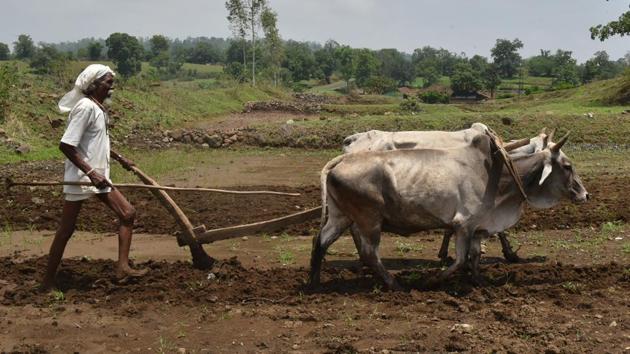The farmers’ budget must be approached holistically
Replace ad-hoc policies with goals which have empathy for farmers and foresight
The Central government is reportedly planning a big boost for the rural and farm economy in its first budget. This newspaper has reported that the government is targeting a spending of Rs 25 lakh crore on “the rural and farm economy over the next five years”. The report also says that “a key thrust area for the Budget will be the so-called allied sectors which include food processing, fisheries, warehousing and irrigation”.

The interim budget for 2019-20 presented in February this year had committed a total spending of Rs 4.6 lakh crore for the ministries of agriculture, consumer affairs, food and public distribution, food processing and rural development. This would come to Rs 23 lakh crore in five years. Most of the money spent by these ministries goes to the rural economy. One will have to wait for the Budget to see what exactly the contours of this spending push are. It will be premature to judge such announcements at the moment. However, it can be said that the government will do well to use its historic mandate to unveil some radical reforms in agriculture, not only in the often discussed areas of improving market linkages, but also tackle long-term challenges, especially those regarding climate change and sustainability of our agricultural ecosystem. This will take a holistic approach towards deciding goals as well as allocating scarce resources. For example, can the government think of a way to incentivise farmers/clusters with regularly updated soil health card based farming practices in its PM-KISAN scheme? Can rural employment guarantee or procurement programmes be tailored to larger goals of environmental sustainability?
The short point is Indian farms and farmers will continue to be mired in crisis unless the silo-based and ad-hoc agricultural policies are replaced with goals which have empathy for the Indian farmer as well as foresight.






